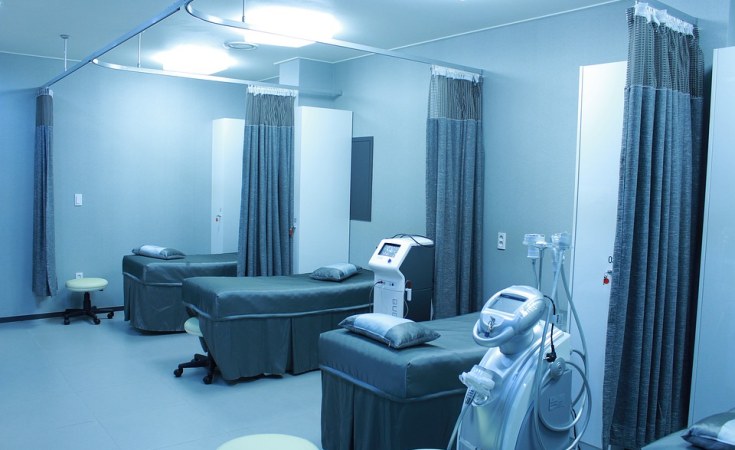Implementation will require significant investment in the health system as well as a phased approach to ensure that it is rolled out in a sustainable and effective manner.
The approval of the National Health Insurance (NHI) Bill by the National Assembly this week seemed to catch some by surprise, as the industry expected further amendments following widespread concerns.
The Bill still has to be approved by the National Council of Provinces before being signed off formally by Parliament and promulgated by the President. South Africa's healthcare system remains unequal, with 84% of the population dependent on a heavily burdened -- and in some cases under-resourced -- public health system, with 16% on medical schemes.
The NHI seeks to solve this disparity by redistributing resources to provide equitable access to healthcare.
However, implementation will require significant investment in the health system as well as a phased approach to ensure that it is rolled out in a sustainable and effective manner.
"While the Bill ensures that medical schemes will still exist, they will be required to provide complementary cover to beneficiaries of the NHS," said Dr Katlego Mothudi, the managing director of the Board of Healthcare Funders (BHF), at the recent release of the Sanlam Benchmark Survey.
"Employers may be mandated to contribute to the NHI fund on behalf of their employees. This is of course subject to finalisation of...


